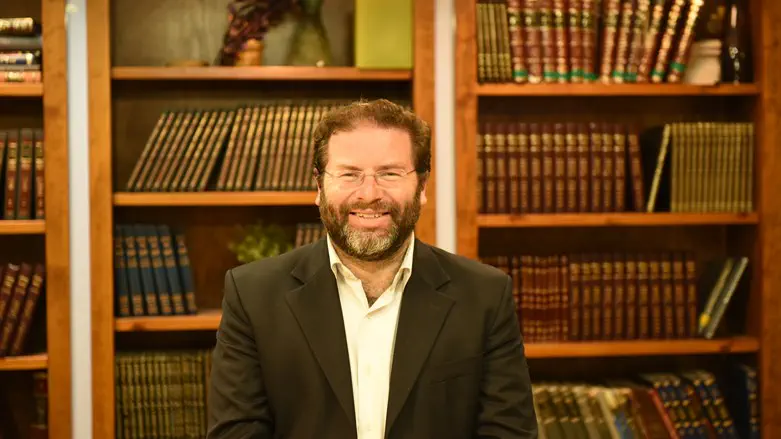
Our hearts are bleeding after the attacks on Shabbat. Once again, the gap between us and the human savages living around us and within us becomes sharper. And beyond the pain, fear also creeps into our heart – what do the coming days have ahead of us?
Five tips:
First, identify with the pain. Like, "Shiva", we need some time to internalize the disaster and cry.
Second, even in the whirlwind of emotions, we must put our fears into proportion: the State of Israel is not going to collapse. The IDF is strong, the people of Israel are strong. "We've been through Pharaoh", as songwriter Ariel Zilber famously wrote in a popular Hebrew song, "we will also get through this".
Third, terrorism has no power on its own, it derives its place solely from the imagination and fear that it imposes on us (the origin of the word "terrorism" is from the Latin word terrere, which means to terrify). Phrases such as "you are going to leave the house this morning and you don't know if you'll come back in the evening" are wrong and weakening. Usually, our daily routine in the State of Israel is safe; it is our job to make it even safer.
Fourth, as civilians we do not have a direct influence on the war on terror, but we do have an indirect impact: to strengthen our elected officials; to perhaps join the National Guard that is now being organized in specific areas. To strengthen the media that are in favor of the Jewish people, not to be embarrassed. On the other hand: do not encourage the minority within us that weakens us. As an example, I took it upon myself - in the spirit of the days of the ShBBYM [pronounced shovevim, the weeks between the Torah readings of Shemot and Mishpatim, days of special introspection ] - not to enter certain media sites anymore. Every click on them indirectly reinforces terrorism.
Fifth, the most important thing: to develop a perspective of belief through Torah study and prayer which give strength and encouragement. Rabbeinu Bachye in "The Duties of the Heart" notes that "while the hasid [referring to a righteous person] mourns in his heart, his face shows his elation", which can be translated in modern terms as: tremendous pain in the heart with the simultaneous ability to function with composure. This can be learned from Lieutenant N. – the hero this Shabbat – who was educated in the Beit Midrash [house of study] of this Torah. Every one of us can do this.
The bad will pass.
The good will prevail.
With God's help.
